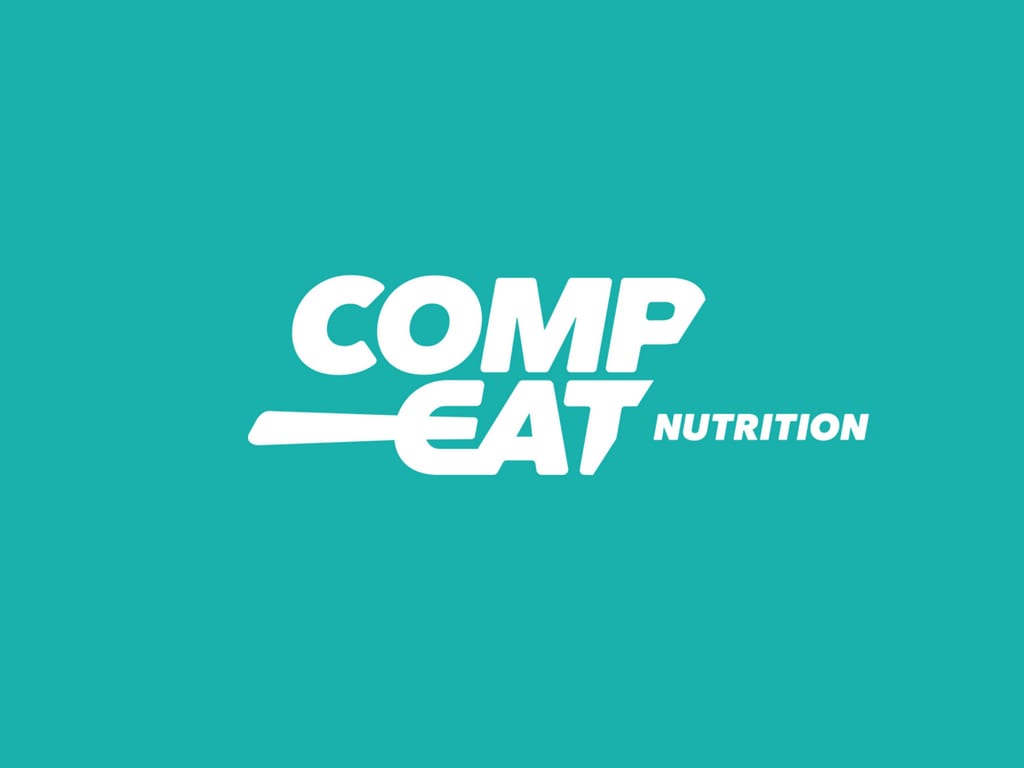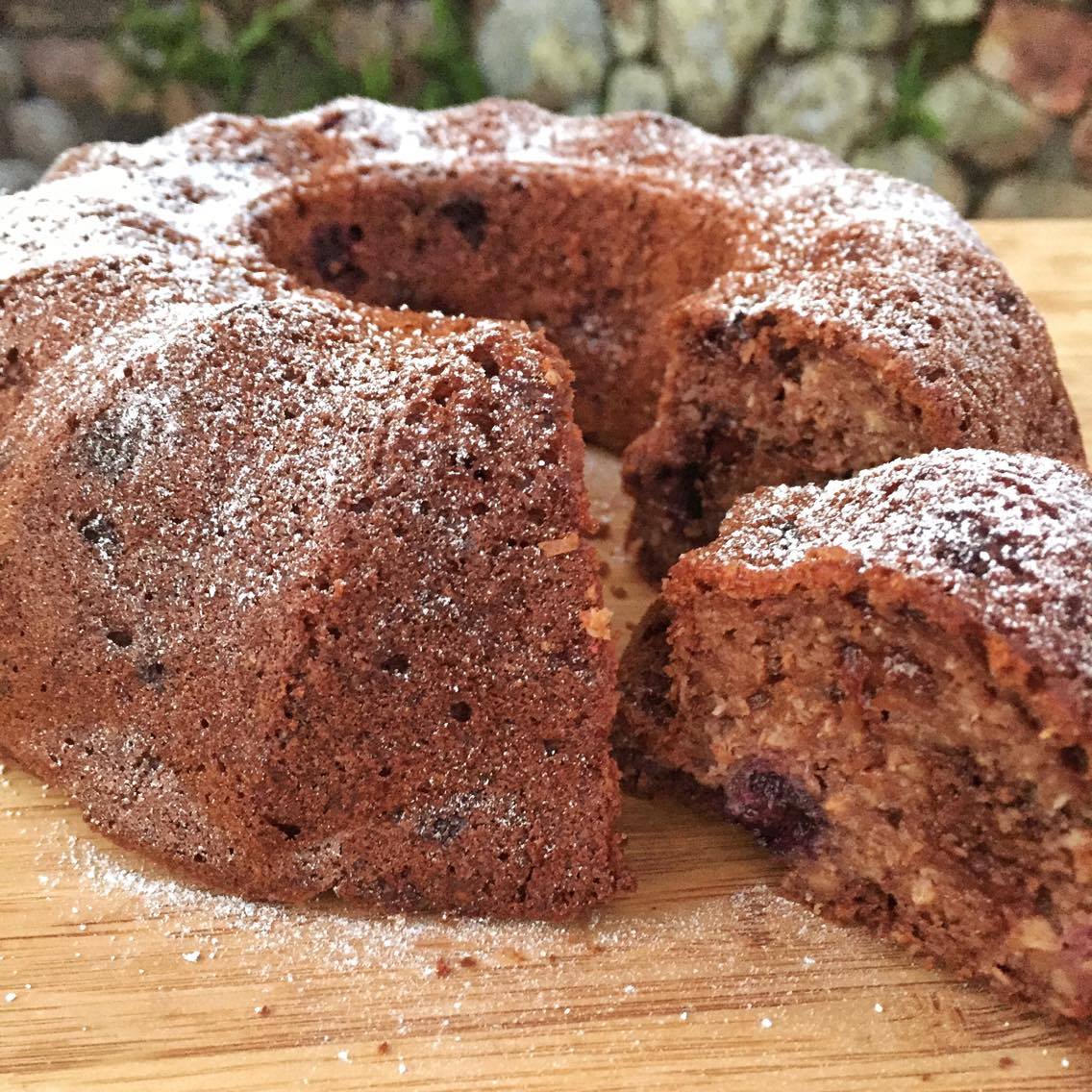
September is PCOS awareness month. As an endocrine disorder that effects 6-10% of our population, there is plenty of information floating around about ‘the best diet to treat it.’ We want to help you wade through this information, because of course, not all of it is backed up by science.
A popular diet for PCOS management is the low carbohydrate diet. We’re going to do the hard yards for you and let you know if there’s much merit behind low carbohydrate diets to reduce PCOS symptoms.
What is PCOS?
PCOS stands for Polycystic Ovary Syndrome. It is the most common cause of hormone or endocrine problems in women.
To be diagnosed, you must tick 2 of 3 of the below criteria:
- Cysts on the ovaries
- Not ovulating (causing irregular or infrequent periods)
- Increase in androgen production (male hormone production) which can lead to hair thinning, acne, and facial hair
So just having polycystic ovaries does not mean you have PCOS, and those with PCOS may not have cysts on their ovaries.

We have two separate blogs that cover more information on PCOS and supplements to consider. So we’re going to dive right into low carbohydrate and PCOS.
What might you be seeing on social media?

Just a quick search of the tags on Instagram shows a range of Infographics. A mish-mash of information that would leave anybody confused.
You must cut out these foods, you should cut out carbs, you should never avoid carbs. A lot of definitive answers. With so much conflicting advice, we wanted to bring some clarity to low carbohydrate diets and PCOS
What is a Low Carbohydrate Diet?
What’s interesting is the definition of low carb diet. I wonder, what do you think a low carb diet entails? No pasta, cutting out bread, and certainly skipping the potato?
That’s actually not the case. Low carbohydrate is defined as less than 45% of your diet being made up of carbohydrate. This means, you can certainly still eat the potato and have your toast for breakfast.

When implementing the low carbohydrate diet, we want to take the approach of abundance. Rather than looking at all the foods you should limit and restrict, let’s look at the foods you should eat in abundance.
This might mean piling the veggies and salad onto ½ of your plate, finding ways to include more nuts in your meals and snacks, or looking for opportunities to add lean proteins and eggs into your meals.
PCOS & Low Carbohydrate Diet
There have been some promising studies that have shown the reduction in symptoms following a low carbohydrate diet. They’ve found reduced total cholesterol, increased insulin sensitivity, decrease the level of androgen, and restoration to the regularity of the menstrual cycle.

It’s important to note that these results were found in those following a low carb and low fat diet, those following the low carb and high fat diet did not have such promising results.
(Zhang, X. et al., 2019. The effect of low carbohydrate diet on polycystic ovary syndrome: A meta-analysis of randomized controlled trials. International Journal of Endocrinology, 2019, pp.1–14.)
What about eliminating carbohydrates for PCOS management?
There have been a couple studies on the ketogenic diet for PCOS treatment. Ketogenic diet means eating less than 20-25g of carbohydrates a day. This would mean having to cut out bread, pasta, potato, but even carrots, chickpeas, and peas! This study has shown similar outcomes to just following a lower carb diet, so it’s good to know you don’t have to put your body under severe restriction to see positive results for your PCOS.

(Mavropoulos, J.C. et al., 2005. The effects of a low-carbohydrate, ketogenic diet on the polycystic ovary syndrome: A pilot study. Nutrition & Metabolism, 2(1))
Put your relationship with food first
We know that those with PCOS are at a higher risk of poor mental health. Diets can feel restrictive. They can lead to yo-yo dieting, where you restrict your intake for as long as possible, and then swing the other way to over-eating or possibly bingeing. It is absolutely not your fault if this happens to you. It’s an incredibly common reaction. However this can lead to you having a poor relationship with food which can even influence your body image and lead to disordered eating patterns or eating disorders.
If making dietary changes leaves you feeling down and shameful, or you feel like a failure because you’re struggling to comply with a particular diet, we’re here to help.
Although there have been promising results with a low carbohydrate diet, this may not work for and that is absolutely ok, we have other options! This is where it’s a good idea to seek individual advice, because food and diet is not one size fits all!
Need More Support?
If you would like to start to consider your nutrition differently, then we would love you to join our crew. Performance is relative and every single one of our clients holds a different version of success that we latch on to in being your support in achieving.
The bonus is, we don’t just see you one, prescribe something and say goodbye. The dashboard and app you use opens unlimited access to your Dietitian and something that grows with you. So you can leave us with confidence and resilience.
Our app is free to download on either Apple or Android by searching ‘Compeat Nutrition’. Otherwise you can contact our customer service team here for more information.
Tags:


